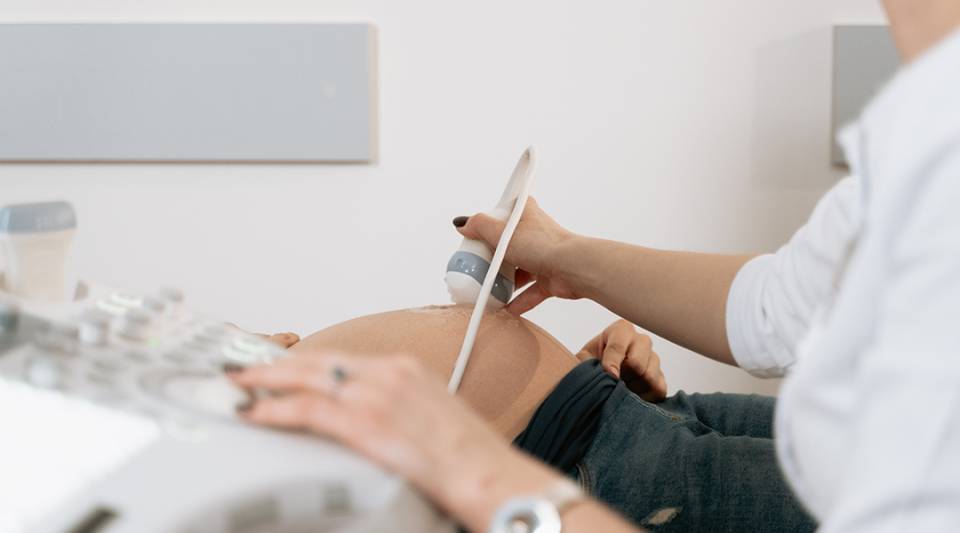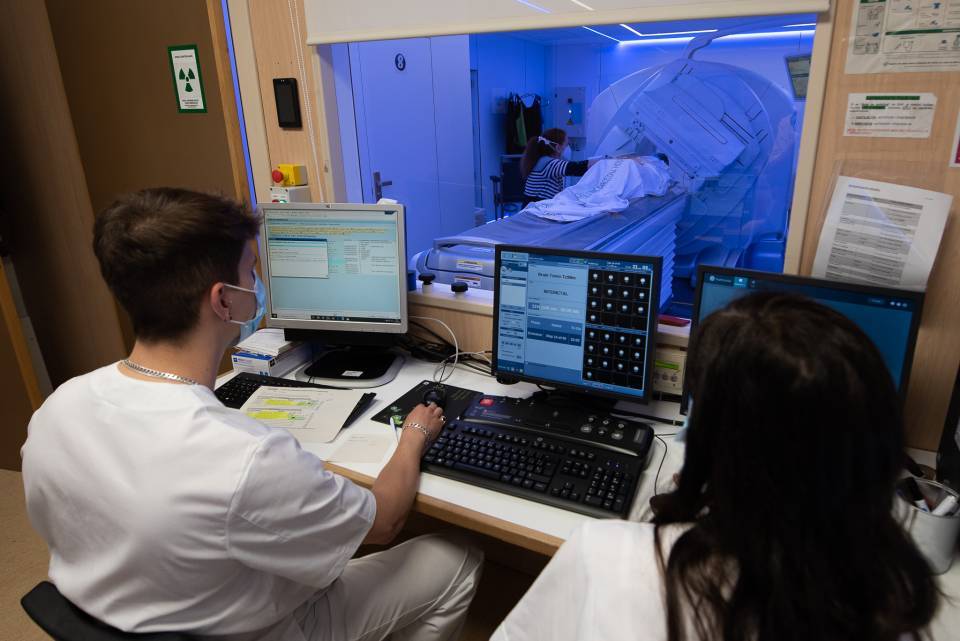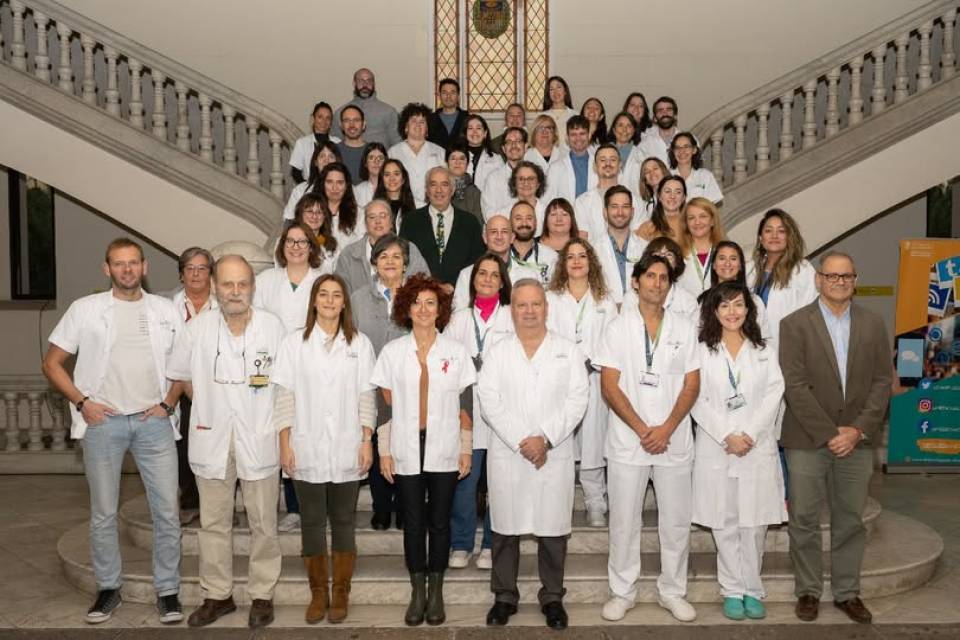CMV is the viral infection that causes most problems in babies in developed countries. One in 200 babies is born with cytomegalovirus (CMV) and between 10-15% may have symptoms at birth or long-term sequelae, including hearing loss, neurodevelopmental delay and, in extreme cases, cerebral palsy. However, it is largely unknown and few parents are familiar with it. Up until now, there was no treatment to prevent foetal infection or to avoid the sequelae. Nevertheless, detection of maternal infection followed by treatment with an antiviral, valaciclovir, reduces the risk of transmission to the foetus by more than 50%. Next Saturday, 18 June, the “Importance of Congenital Cytomegalovirus. Prevention and Early Detection” conference will be held at the Hospital Clínic’s Maternity Hospital Centre, with the participation of professionals from different hospitals, a parents' association from Madrid, and affected families.
Maternal infection is in general asymptomatic and, if it produces symptoms, they are mild. It is only dangerous in people with immunity problems. The main source of infection is from children under 3 years old, who can excrete the virus for a long time through urine and saliva. When a woman is infected in the first trimester, and the infection is transmitted, it is potentially serious for the baby.
In order to reduce the possibility of infection during pregnancy, especially in the first 3 months and also when planning to get pregnant, it is important to avoid direct contact with the saliva of children under 3 years of age, avoiding sharing cutlery, glasses or pacifiers, or kissing them on or near the mouth. It is also important to wash your hands well with soap and water after having been in contact with children’s saliva or mucous (for example when blowing their nose or cleaning their mouth) and also after possible contact with urine when changing nappies. The Hospital Clínic Maternal-Foetal Service also reminds us that situations like being in the same room as a baby or hugging them do not transmit the virus, since transmission requires very close contact between people. Over the past year, BCNatal (Hospital Clínic-Sant Joan de Déu) has carried out 1,100 screenings of pregnant women in the first trimester and two cases of cytomegalovirus have been detected.
All the guidelines recommend that there should be more information about this silent infection, and that pregnant women should know about and follow preventative measures in order to reduce infection, especially during the first trimester. However, it was recently shown that treating infected pregnant women with high doses of an antiviral can reduce foetal transmission by over 50%. For this reason, even though international guidelines do not yet recommend analytical CMV screening for all pregnant women, some gynaecologists and centres are already requesting this in the first trimester, in order to be able to provide timely treatment.




